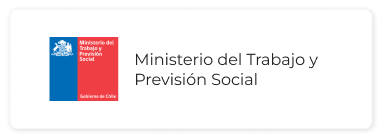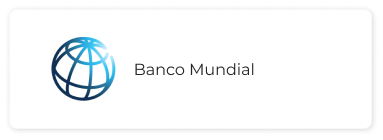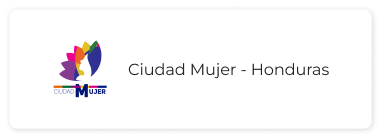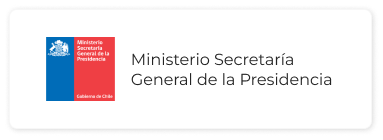The Social Household Registry is an information system designed to support the beneficiary selection processes for a broad range of subsidies and social programs.
The Registry is built using data provided by households and administrative databases held by the state, sourced from various institutions.
Project Brief
- Project Name: Social Household Register.
- Sponsor: Ministry of Social Development.
- Start Date: 20/7/23.
- Users: 10 million citizens and 2,500 officials.
Why is the Social Household Registry important?
In the Social Household Registry, data collected from families is complemented with information from other existing databases (such as civil registry or tax registry). This helps improve the decision-making process on who should be eligible for social programs and provides reliable data for social investment considerations.
In turn, by focusing the analysis on the state’s human resources applied to the program, the Social Household Registry allows for more effective and efficient deployment through the involvement of both local and central government, rather than only considering physical factors such as population density, for example.
Additionally, the Social Household Registry serves as an example of intersectoral coordination, as it aggregates data by family as the unit of analysis, rather than by government agency. This approach allows for the improvement and increased efficiency of social protection systems.
This improvement in coordination and cooperation at the local level involves greater engagement of key stakeholders in the process of social development and poverty reduction, as it allows for proactive action and anticipation of situations that were previously addressed reactively.

Benefits of the Social Registry of Households
- Improves the process of transferring resources from the central government to local governments.
- Enhances community work as a complementary strategy to working with families.
- Allows for the implementation of a territorial approach that directly links with other interventions or complementary programs.
- Helps beneficiaries better understand how programs work and access them, as the work is user-focused.
- Enhances aspects of inclusion, participation, and social control, as it improves dialogue with the community and provides better information.
- Improves the beneficiary selection process for social programs through information interoperability.




















